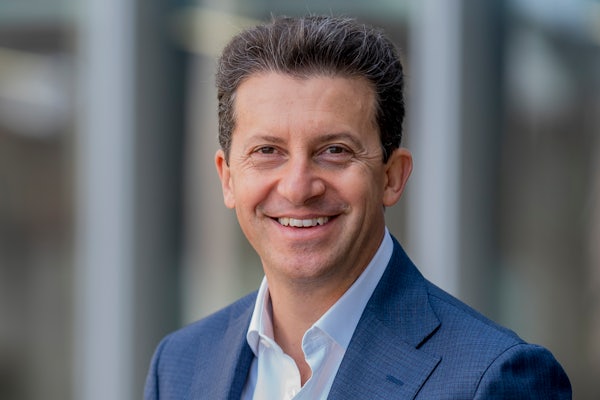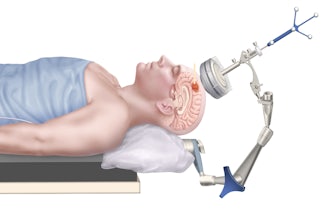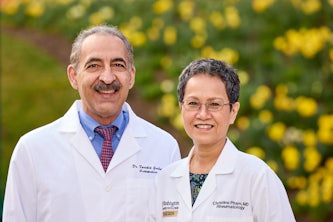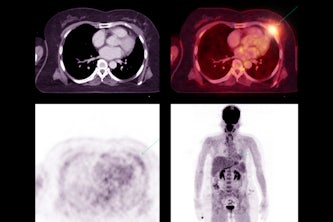Sinopoli to give keynote address at CPS-IoT Week event
CPS-IoT Week, the premier event on cyber-physical systems and Internet-of-Things research, brings together five top conferences

Bruno Sinopoli, the Das Family Distinguished Professor and Chair of the Preston H. Green Department of Electrical & Systems Engineering in the McKelvey School of Engineering, will give one of the keynote addresses at Cyber-Physical Systems and Internet-of-Things (CPS-IoT) Week May 18-21, 2021.
Sinopoli will present his keynote address, titled “Toward AI-enhanced Design of Resilient Cyber-Physical Systems: a Journey from Inception to Present Times,” May 20.
CPS-IoT Week, the premier event on cyber-physical systems and Internet-of-Things research, brings together five top conferences, including Hybrid Systems: Computation and Control (HSCC); International Conference on Cyber Physical Systems (ICCPS); International Conference on Information Processing in Sensor Networks (IPSN); Real-Time and Embedded Technology and Applications Symposium (RTAS); IEEE Conference on Internet of Things Design and Implementation (IoTDI).
Sinopoli’s talk will provide a personal view of the progress made in CPS since inception and provide a perspective on where the field is headed, focusing on the issue of guaranteeing resilience and trustworthiness while leveraging modern data-driven methods in the presence of large uncertainties and adversarial actions.
Sinopoli also is the founding director of the Center for Trustworthy AI in Cyber-Physical Systems in the McKelvey School of Engineering.
He earned a bachelor’s in engineering from the University of Padova in 1998 and a master’s and a doctorate in electrical engineering from the University of California, Berkeley in 2003 and 2005, respectively. After a postdoctoral position at Stanford University, Sinopoli was a member of the faculty at Carnegie Mellon University from 2007 to 2019, where he was a professor in the Department of Electrical and Computer Engineering with courtesy appointments in Mechanical Engineering and in the Robotics Institute and co-director of the Smart Infrastructure Institute.
His research interests include modeling, analysis and design of Resilient Cyber-Physical Systems with applications to Smart Interdependent Infrastructures Systems, such as Energy and Transportation, Internet of Things and control of computing systems.



